The Next Microsoft CEO? 10 Potential Candidates To Replace Ballmer
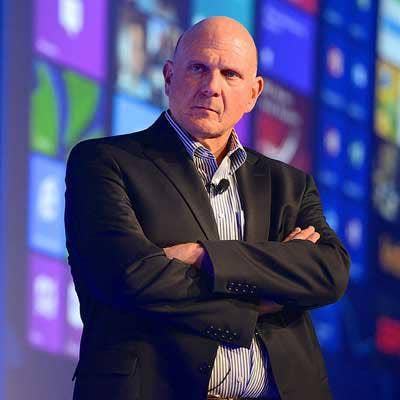
Insiders, Alumni And Outsiders
One day over the next 12 months, Steve Ballmer will make his exit from Microsoft and the software giant will appoint a new face to be just the third CEO in Microsoft's storied history. So who are the contenders for the job? CRN looks at 10 executives that could succeed Ballmer as the company's next CEO.

Kevin Turner
Microsoft's COO is, technically speaking, next in line for the CEO position. He joined Microsoft in 2005 as COO after a distinguished career at Walmart, where he became the youngest corporate officer in the mega-retailer's history. He served as CIO of Walmart before being promoted to president and CEO of Sam's Club. But Turner's background is in retail operations, not technology, and Microsoft's own retail push hasn't exactly been a hit.

Tami Reller
Reller, a 12 year-veteran of Microsoft who joined the company in the Great Plains acquisition, was recently promoted to executive vice president of marketing during Microsoft's corporate reorganization last month. Before that, Reller had two roles, serving as both chief marketing officer and chief financial officer of Microsoft's Windows division. She was also given a day one keynote spot at Microsoft's Worldwide Partner Conference last month.

Tony Bates
One of the few candidates with actual chief executive experience at a high level, Bates is seen as one of the favorites for Ballmer's job. The former Skype CEO joined Microsoft in 2011 and became president of the Skype division. Bates recently was promoted to the role of executive vice president of business development and evangelism. While a relative newcomer to Microsoft, he has a strong IT background. Before Skype, Bates served as senior vice president and general manager of Cisco's Enterprise, Commercial and Small Business Group.
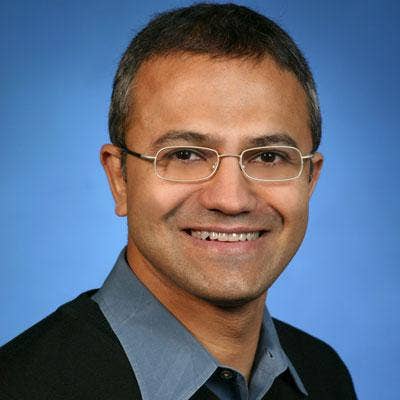
Satya Nadella
A 22-year veteran of the software company, Nadella is the longest-tenured Microsoft executive on this list. He recently was promoted to the role of executive vice president of Microsoft's Cloud and Enterprise Group, where he oversees the company's cloud platforms and services as well as developer tools. He also previously served as president of Microsoft's Server and Tools division, a $19-billion-a-year business that has been one of the better-performing units within Microsoft. As Microsoft looks to expand its cloud empire, Nadella could be the choice for top executive.

Julie Larson-Green
Another longtime Microsoft executive with 20 years under her belt, Larson-Green recently was named executive vice president of Microsoft's Devices and Studios group and is now charged with turning around Microsoft's Surface tablet business. Last year, Larson-Green was tapped to succeed Steven Sinofsky as head of Windows hardware and software engineering. And prior to that, she served as corporate vice president for the Windows experience. She's been a key player for Microsoft's Windows business and is now in charge of the company's hardware and gaming and entertainment operations.
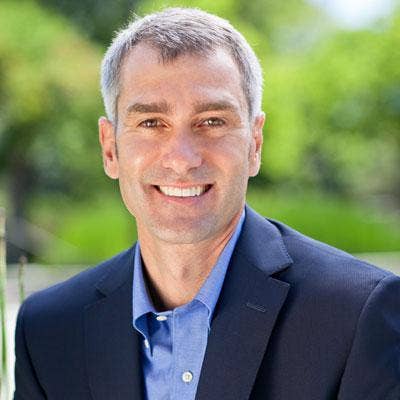
Bill Veghte
Before joining Hewlett-Packard in 2010, Veghte spent 20 years at Microsoft, where he most recently served as senior vice president in the Windows division. Veghte held a variety of other executive and management roles at Microsoft and is credited with growing the company's two core businesses: Windows and Office. He joined HP as head of the Software and Solutions Group and was later promoted to chief strategy officer and then COO. This month Veghte was tapped to replace Dave Donatelli as executive vice president and general manager of HP's Enterprise Group.

Stephen Elop
Elop, the chairman and CEO of Nokia, left Microsoft for the Finnish smartphone company in 2010. But before taking over Nokia, Elop was president of Microsoft's Business Division where he oversaw Microsoft's Office product line, among others. Before his two-year stint with Microsoft, Elop served as COO of Juniper Networks and president and CEO of Macromedia. While his technology track record is strong, his time with Microsoft was short.
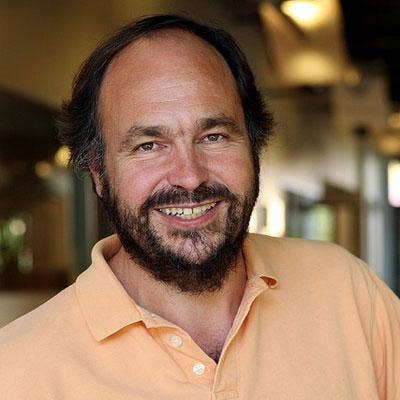
Paul Maritz
Another ex-Microsoft executive with CEO experience, Maritz is best known as the chief executive who led VMware from a small virtualization company into an IT industry leader. But he also is a Microsoft veteran, most recently serving as executive vice president of the Platforms Strategy and Developer Group. He later founded and ran software startup Pi Corporation, which was acquired by EMC in 2008. After serving as head of EMC's cloud business, Martiz was tapped by the storage company as CEO of VMware. Martiz has deep experience with cloud and virtualization technology -- two key areas for Microsoft.

Vic Gundotra
If Microsoft is looking to nab a top executive from a competitor, then Gundotra could be an attractive option. Gundotra is senior vice president of social at Google and currently oversees products such as Google plus. He spent 16 years at Microsoft, most recently serving as head of platform evangelism, before leaving to become senior vice president of engineering at Google. But Gunodtra took a year off in between jobs because of Microsoft's non-compete order; would he want to take another year off -- or more -- to go back to Microsoft?
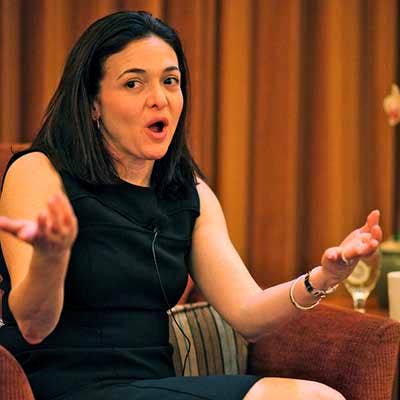
Sheryl Sandberg
Facebook's COO seems to be the popular choice these days for any CEO opening. Sandberg has a strong resume, having served as Google's vice president of Global Online Sales and Operations from 2001 to 2007 before leaving for Facebook. Prior to Google, she served as the chief of staff for the U.S. Treasury Department during the Clinton administration. Sandberg is also a member of Walt Disney Company's board of directors. But she's a true outsider, having never worked at Microsoft. Will Gates and company go with a brand-new face?